SGGP
Business difficulties affect monetary policy management, and the potential risk of bad debt in some banks is looming.
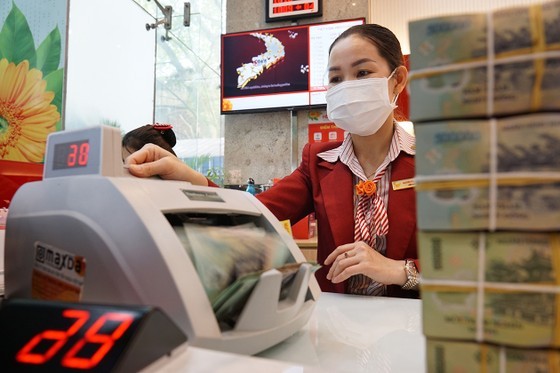 |
| A bank employee is checking a customer's savings (illustrative photo). Photo: HOANG HUNG |
On June 21, Deputy Governor of the State Bank of Vietnam (SBV) Dao Minh Tu said that the SBV's policy management is currently facing many difficulties when it has to ensure the achievement of many goals at the same time. Specifically, in credit management in 2023, based on the economic growth target of about 6.5% and inflation of about 4.5% set by the National Assembly and the Government, the SBV targets credit growth in 2023 at about 14% -15% and will make appropriate adjustments based on developments and actual situations.
In addition, credit management meets the credit capital demand of the economy to contribute to controlling inflation and supporting economic growth. As of June 15, the total outstanding credit balance of the entire economy reached about 12.32 million billion VND, an increase of 3.36% compared to the end of 2022.
However, according to Deputy Governor Dao Minh Tu, what is very noteworthy at present is that many businesses are facing difficulties due to lack of orders, large inventory of products, interrupted financial resources, increasing prices of raw materials for many goods, and declining domestic and foreign purchasing power. The difficulties of businesses affect the management of monetary policy, and the potential risk of bad debt in some banks is emerging.
The State Bank of Vietnam will regulate interest rates in line with macroeconomic balance, inflation and monetary policy targets; continue to encourage commercial banks to cut costs and reduce lending interest rates to support businesses in recovering and developing production and business.
Source





![[Photo] Visiting Cu Chi Tunnels - a heroic underground feat](https://vstatic.vietnam.vn/vietnam/resource/IMAGE/2025/4/8/06cb489403514b878768dd7262daba0b)




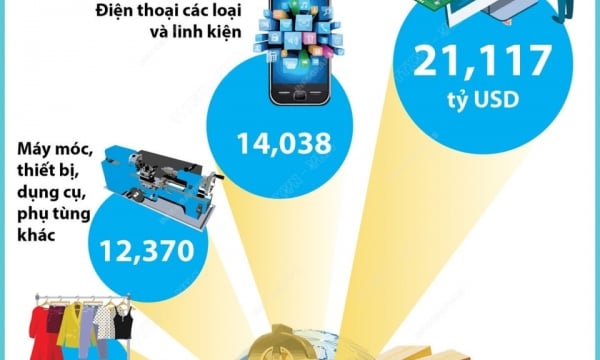
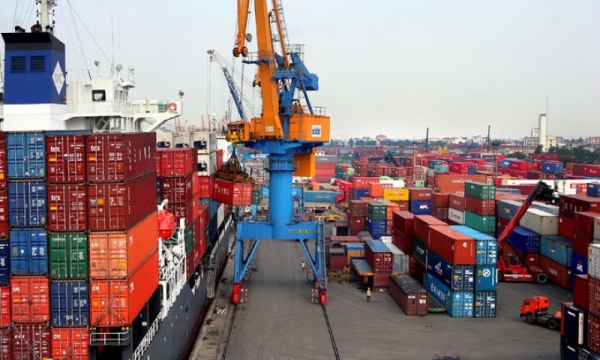















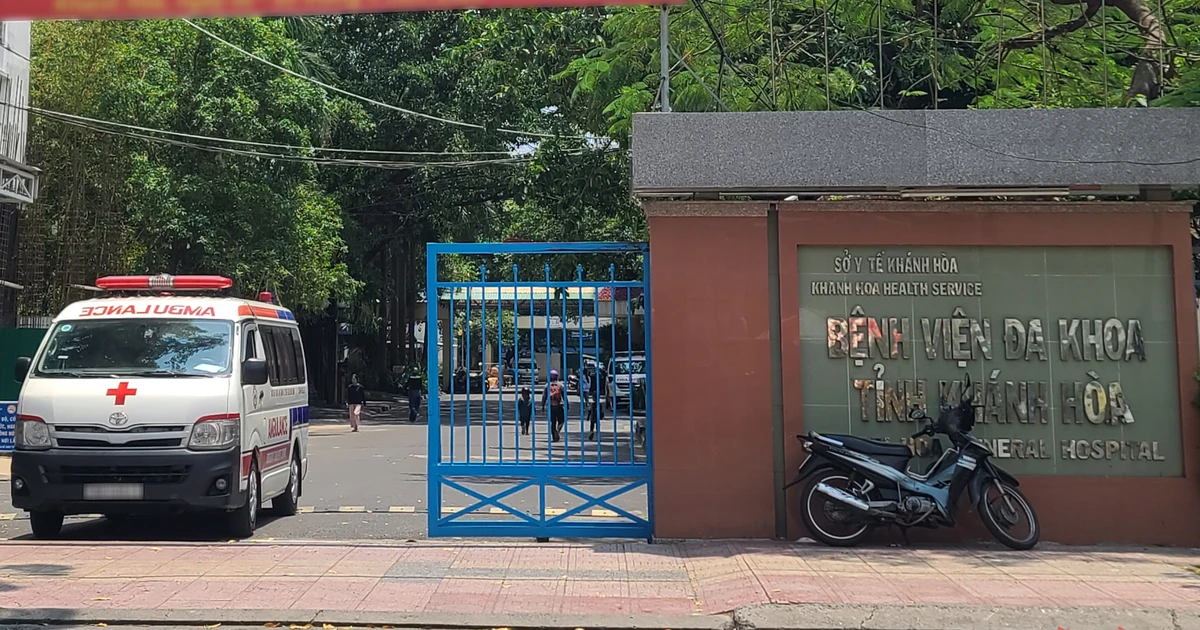
































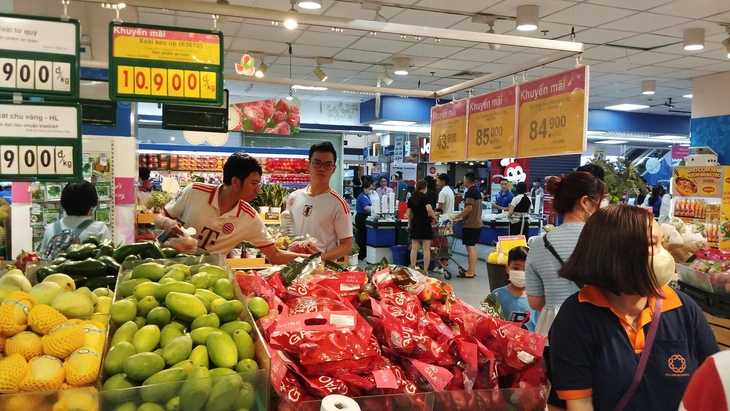




![[Photo] National Assembly Chairman successfully concludes official visit to Uzbekistan](https://vstatic.vietnam.vn/vietnam/resource/IMAGE/2025/4/9/8a520935176a424b87ce28aedcab6ee9)











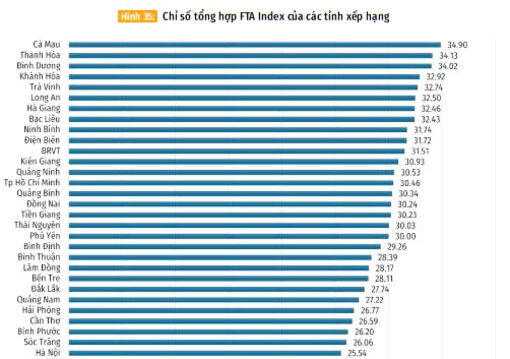

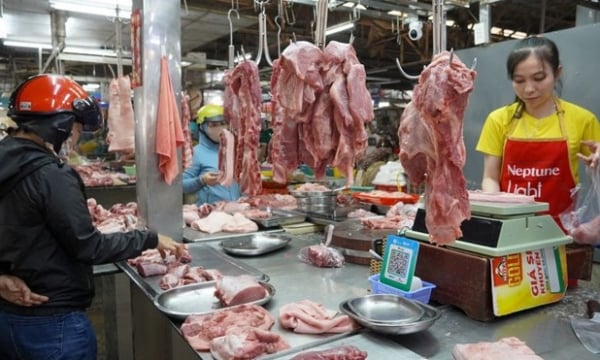
![[Infographic] Approval of election results for Chairman of Dong Thap Provincial People's Committee](https://vstatic.vietnam.vn/vietnam/resource/IMAGE/2025/4/9/b195c37b840e4fb298dde9d519fad2c8)










Comment (0)